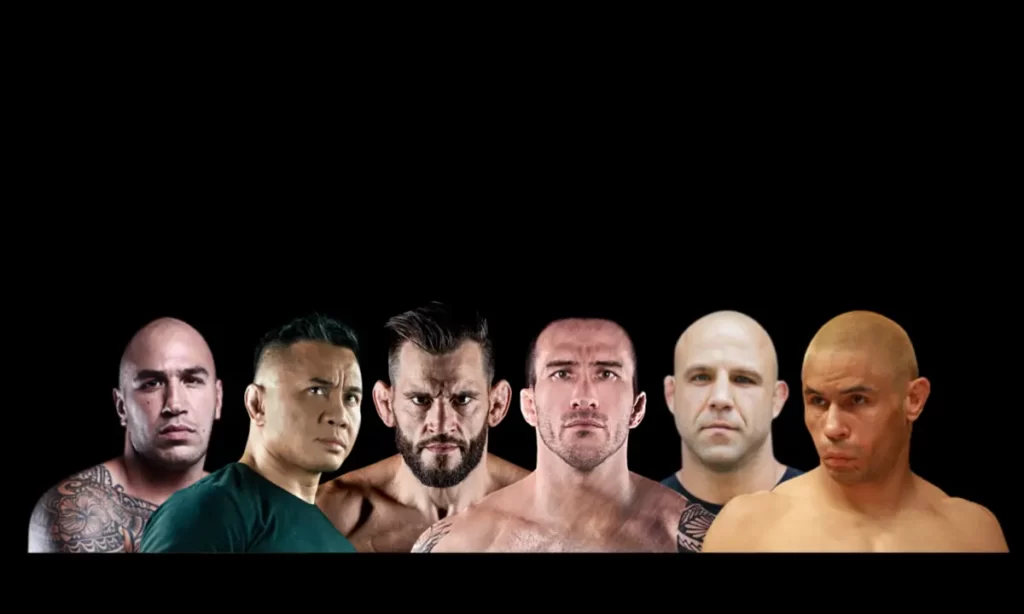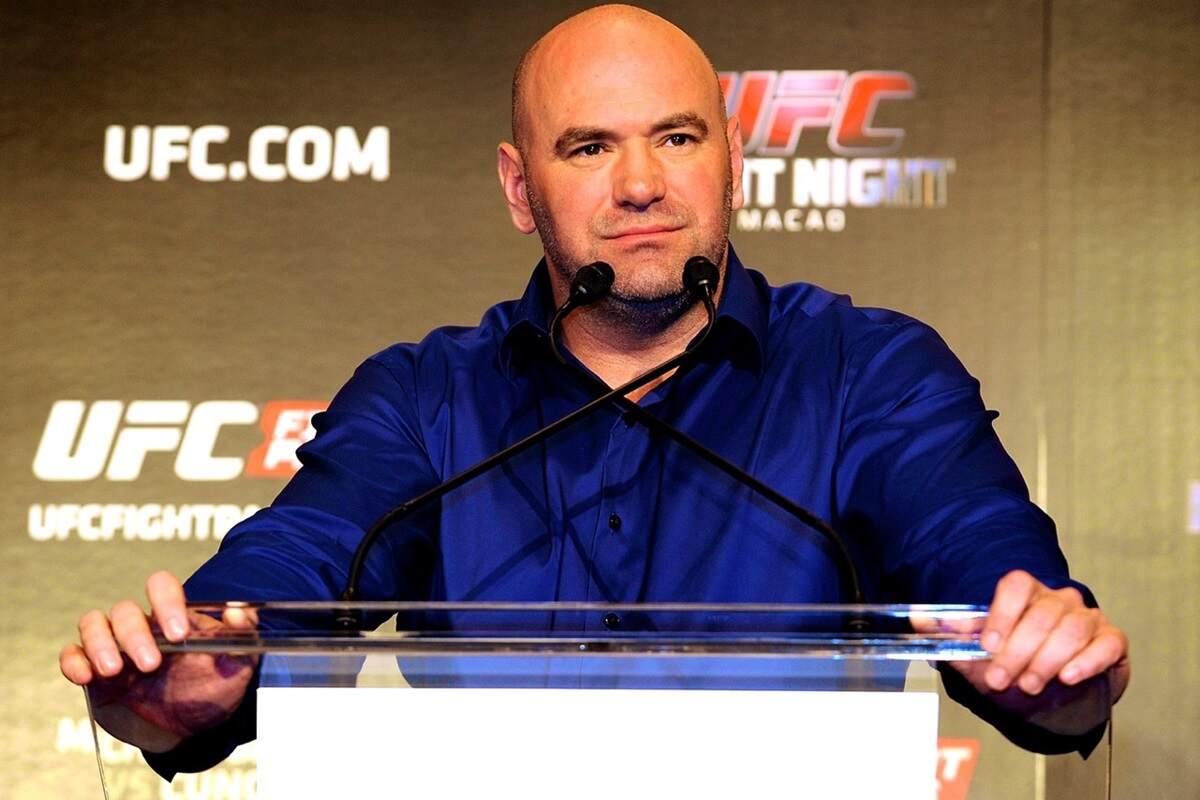The UFC antitrust lawsuit is a landmark legal battle that could very well redefine the landscape of the MMA industry, particularly the UFC. The UFC has been racking up profit after profit ever since Dana White and the Fertitta brothers took ownership of the promotion.
As a publicly traded company under the TKO Group Holdings banner, in which the UFC and the WWE are subsidiaries, there have been detractors to the promotion. The TKO was met with a blow recently as Executive Chairman Vince McMahon had to resign amidst sexual assault allegations from a former employee, Janel Grant.
UFC antitrust lawsuit: What is it?
Former fighters filed the UFC antitrust lawsuit in 2014, accusing the organization of using its dominant position to stifle competition and set wage limits. The significant moment in the case came on August 9, 2023, when Judge Richard Boulware granted class action status to the lawsuit. The class action status amplified the stakes and the number of plaintiffs involved, as the lawsuit now has 1200 plaintiffs, as the UFC antitrust lawsuit now encompasses the time frame from December 2010 to June 2017.

The lawsuit raises concerns about fairness, competition, and compensation within the mixed martial arts circuit. The lawyers representing the plaintiffs contend that the UFC violated the Sherman Antitrust Act by engaging in illicit practices to establish market dominance, resulting in reduced fighter earnings and limited opportunities. Some people claim that the UFC had a significant influence over the MMA sports industry and allegedly used it to their advantage, allegedly benefiting the fighters.
The plaintiff in the UFC antitrust lawsuit alleges that the UFC has diminished the bargaining power and earning potential of fighters through the implementation of various barriers, such as lengthy exclusive contracts, as well as through the acquisition of other competitors like Strikeforce, Pride, WEC, and Affliction. It is worth mentioning that while the plaintiffs do not claim that the UFC has caused them financial harm, the UFC has hindered their overall progress and advancement.
The plaintiffs in the UFC antitrust lawsuit include notable former UFC fighters like Cung Le, Jon Fitch, and Nate Quarry, to name a few. They have consolidated their shared grievances into a single legal action to challenge the UFC’s business practices. The lawsuit has potential implications that could even extend beyond MMA promotion if the plaintiffs win.
What are the potential damages if UFC antitrust lawsuit goes to trial?
The UFC antitrust lawsuit will go to trial in April 2024, just days after the much-anticipated UFC 300 PPV. The plaintiffs seek damages, which are estimated at around $800 million and $1.6 billion. It needs to be noted that the antitrust legislation could triple the compensation, and the plaintiffs could potentially get nearly $5 billion.
The huge amount underscores the severity of the allegations that the plaintiffs have thrown at the UFC. If the plaintiffs win the lawsuit, the verdict could have a big impact on financial stability and market practices. Even more than the immediate financial consequences, the UFC would most likely have to change its business practices, and it could potentially change the landscape of professional MMA in general.
"Money is scattered" – Dana White clarifies stance on UFC fighter pay amid $1.6 billion antitrust lawsuithttps://t.co/jOM5uJTFQO
— New Account (@NAccount8299) January 30, 2024
The UFC antitrust lawsuit could introduce high wages and mobility for fighters, which will ultimately lead to a change in the dynamics of power between the fighter and the promoter. The lawsuit has the potential to set a precedent for the treatment of athletes across all sports, as it could challenge the existing norms.
Nonetheless, UFC CEO Dana White and parent company Endeavor CEO Ari Emanuel remain confident of their chances of being successful in the lawsuit. UFC commentator Joe Rogan, who resides in Austin, Texas, also had things to say about it on the Fight Companion of UFC 297. Rogan took a neutral stand on the lawsuit, which is expected considering his close relationship with Dana White.
Who do you think will win the UFC antitrust lawsuit? Leave your prediction below!







